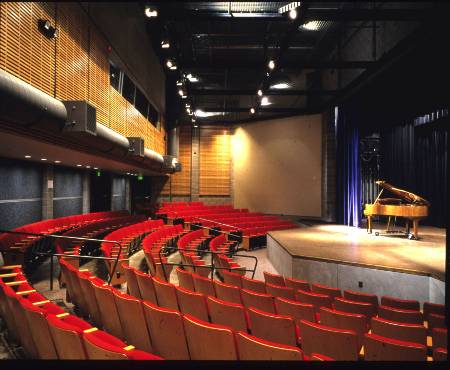 Today I had the opportunity to sit with admissions officers at a large public institution. They reaffirmed my dedication to helping students find their voice and shine through their essays. As we evaluated applications together, I learned how they view different activities. While I’ve said for years that students need to become very engaged in extracurriculars they are passionate about, this school actually used the term “high-impact” to classify these type of activities. Here were the big categories with a few of my ideas in each:
Today I had the opportunity to sit with admissions officers at a large public institution. They reaffirmed my dedication to helping students find their voice and shine through their essays. As we evaluated applications together, I learned how they view different activities. While I’ve said for years that students need to become very engaged in extracurriculars they are passionate about, this school actually used the term “high-impact” to classify these type of activities. Here were the big categories with a few of my ideas in each:Community Service: High-impact community service does not mean that students should spend an hour here-or-there volunteering. Regular volunteering roles and especially leadership opportunities are best. Colleges want to see students who have dedicated themselves to a cause. And the causes can vary, from Habitat for Humanity to Invisible Children. One-hour-per-week meetings will NOT cut it.
Student Government: Frankly, I was a bit surprised that this one ended up on the list. Perhaps because students involved in student government must be elected/selected, there is an understanding that they must actually show up and maybe “do stuff.” Getting involved in student government is great, but students must document the projects they’ve worked on, policies they’ve enacted or events they’ve helped plan.
Performing Arts: Dance, theater, vocal performance, etc. are all very popular on college campuses. Therefore, it makes perfect sense that they would like students who participate in performing arts groups in high school. Colleges also realize the level of commitment students make to these groups so on top of that, showing leadership in them will obviously enhance the candidate’s application.
Publications: Newspaper, yearbook and literary magazines are all high-impact activities. They involve a lot of time and energy. Oftentimes, students forget or minimize their involvement in publications but writing, editing, graphic design, etc. are all great experiences for college. Students must pay attention to detail, take constructive criticism and dedicate significant time and energy to these activities.
Two items that were interestingly missing were employment and athletics. While I still continue to promote employment (many schools have told me they appreciate students with entry-level experience), athletics appears to take a back seat among admissions officers I talk to. Athletics may still provide for meaningful experiences, but students should strive to include other “high-impact” activities in their repetoire!




